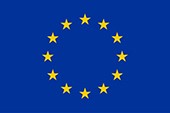Vilnius University (VU) is involved into Europe international HPC (or supercomputing) Competence Center projects EuroCC and CASTIELVU researchers dr. Povilas Treigys (Faculty of Mathematics and Informatics) and dr. Mindaugas Mačernis (Faculty of Physics) are participating in these projects by running Lithuanian national HPC competence center. EuroCC works closely with the CASTIEL project, which together will ensure the consistent dissemination of high-end supercomputing experiences across Europe.
 EuroCC is an extremely wide supercomputing competence network across Europe
EuroCC is an extremely wide supercomputing competence network across Europe
A total of 32 countries with available supercomputing resources and their national competence centers are participating in EuroCC project. Projects aim to facilitate the use of best practice HPC practices in high-performance computing centers in order to use excascale type supercomputers in near future. Supercomputers consist of thousands of processors that analyze billions of data in real time and supercomputer performs various calculations thousands of times faster than a normal computer. However, it is not triaval task to use them and high level HPC compentences are needed.
The EuroCC and CASTIEL projects will help address existing HPC skills issues and promote collaboration and sharing of experiences between different countries, both within the country and across Europe. The project will create a pan-European HPC competency map that reflects the resources available and the level of knowledge in all EuroCC national competence centers. This will encourage cooperation, exchange of good practices, sharing of knowledge between different organizations and countries. In Lithuanian case, the HPC competence could acquire Lithuanian citizens, institutions and companies in order to use supercomputing infrastructures which are located inside and outside Lithuania.
“Through these EuroCC and CASTIEL projects, the HPC Competence Centers will bridge the gap between competencies and provide opportunities for academia, medium and small businesses to acquire broader supercomputer competencies. In many cases, only very large industries have enough knowledge on how to be superior in the market by using supercomputers,” says dr. M. Mačernis.
Digital competences are an integral part of everyday life
Each of the 32 national centers of excellence that will be part of the EuroCC network operate as national HPC digital centers of excellence in individual countries. This will allow researchers, public administrations, as well as various industries to take advantage of the opportunities offered by supercomputers. On the other hand, CATIEL as umbrella EuroCC project coordinates activities between national centers.
"Digital competencies - one of the most important things not only for the development and implementation of new technologies - they help to orientate in the modern world and perform many important tasks from the purchase of goods and payment of bills to professional work," says dr. P. Treigys.
According to the researcher, digital literacy and competences still overtake a significant part of society, which is why digital skills are not used as widely in everyday life as is often required by the changing living environment and especially new technologies. The project will aim to make supercomputers available to as many stakeholders as possible.
“The projects will collaborate with all interested, potential and existing supercomputer users. In addition, there are opportunities in other activities - possible joint European master's studies or access to one of the most powerful supercomputers in the world, ” says dr. M. Mačernis.
The possibilities provided by supercomputers are also taken at VU
VU two faculties Physics, Mathematics and Informatics in the field of productive computing will soon be able to offer the scientific community petaflop computing power resources for solving problems.
"In order to optimally use the possibilities provided by supercomputers, it is not enough to have only technical resources. It is necessary to cultivate and improve one’s competencies, for example by sharing good practices. This is exactly the opportunity to participate in the EuroCC and CASTIEL projects. In addition, Lithuania became a member of EuroHPC, which opened the possibility for VU to become the Lithuanian national HPC competence center and to be a partner in these projects, ” says dr. P. Treigys.
The EuroCC and CASTIEL projects are running from 2020 September 1 until 2022 31 August, the total budgets of the projects are 59 million EUR.
EuroCC project has received funding from the European High-Performance Computing Joint Undertaking Joint Undertaking (JU) under grant agreement No 951732. The JU receives support from the European Union’s Horizon 2020 research and innovation programme and Germany, Bulgaria, Austria, Croatia, Cyprus, Czech Republic, Denmark, Estonia, Finland, Greece, Hungary, Ireland, Italy, Lithuania, Latvia, Poland, Portugal, Romania, Slovenia, Spain, Sweden, United Kingdom, France, Netherlands, Belgium, Luxembourg, Slovakia, Norway, Switzerland, Turkey, Republic of North Macedonia, Iceland, Montenegro.
 |
 |
